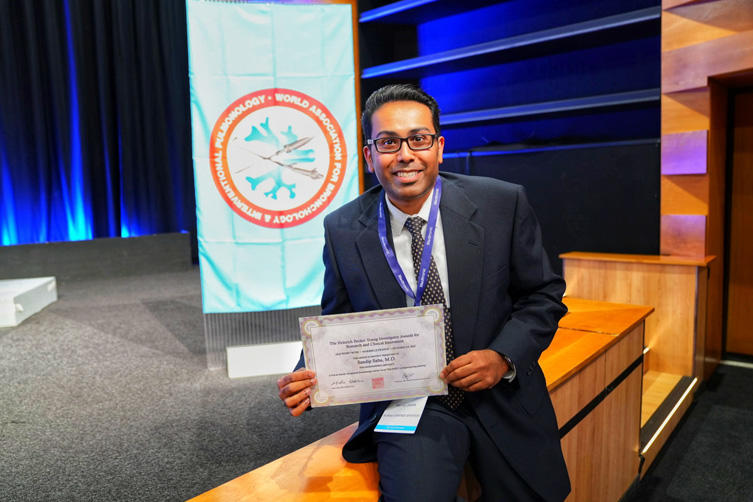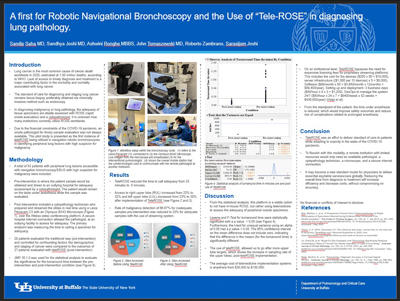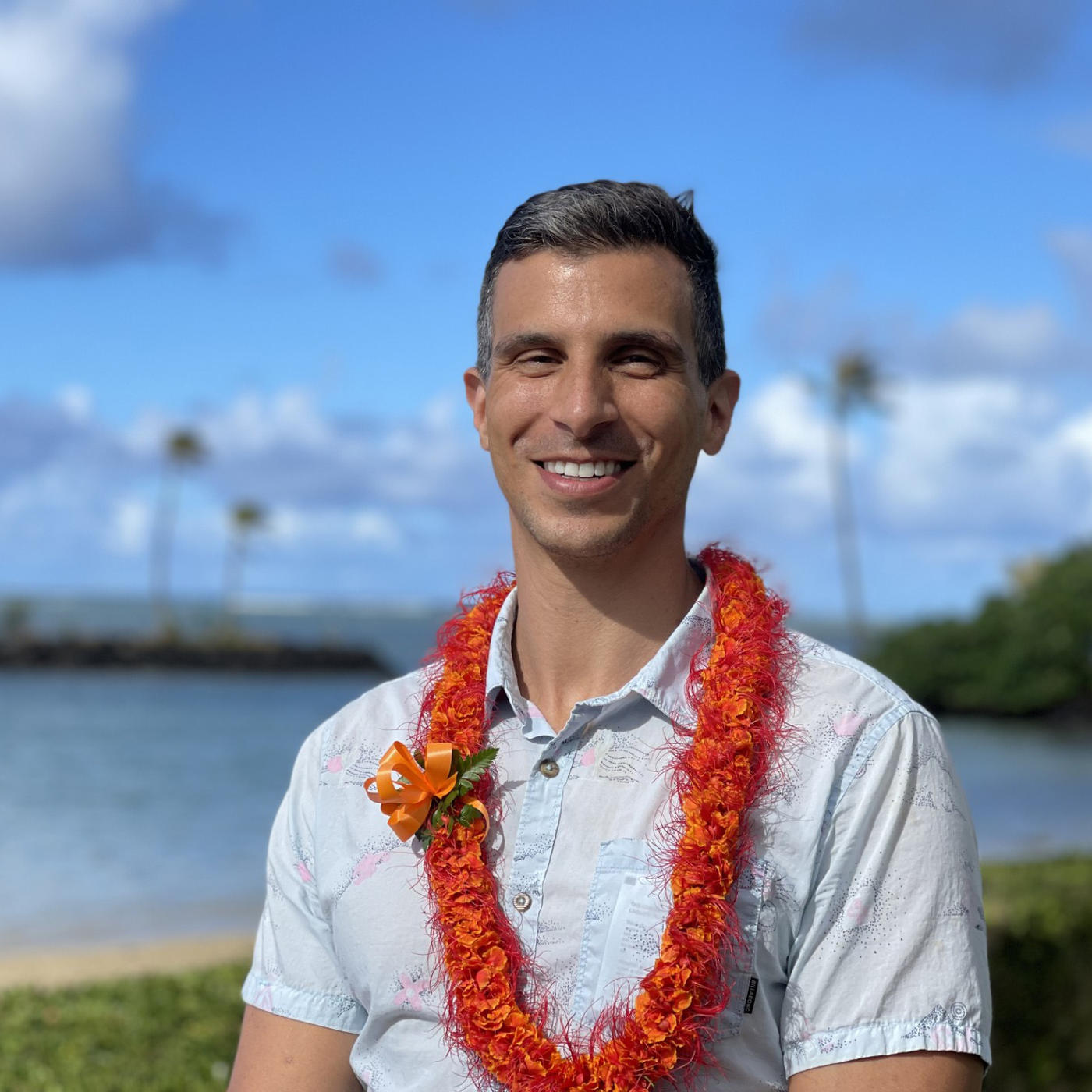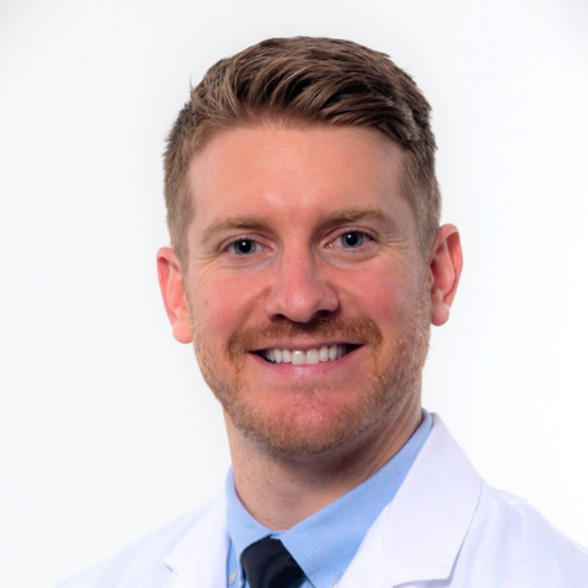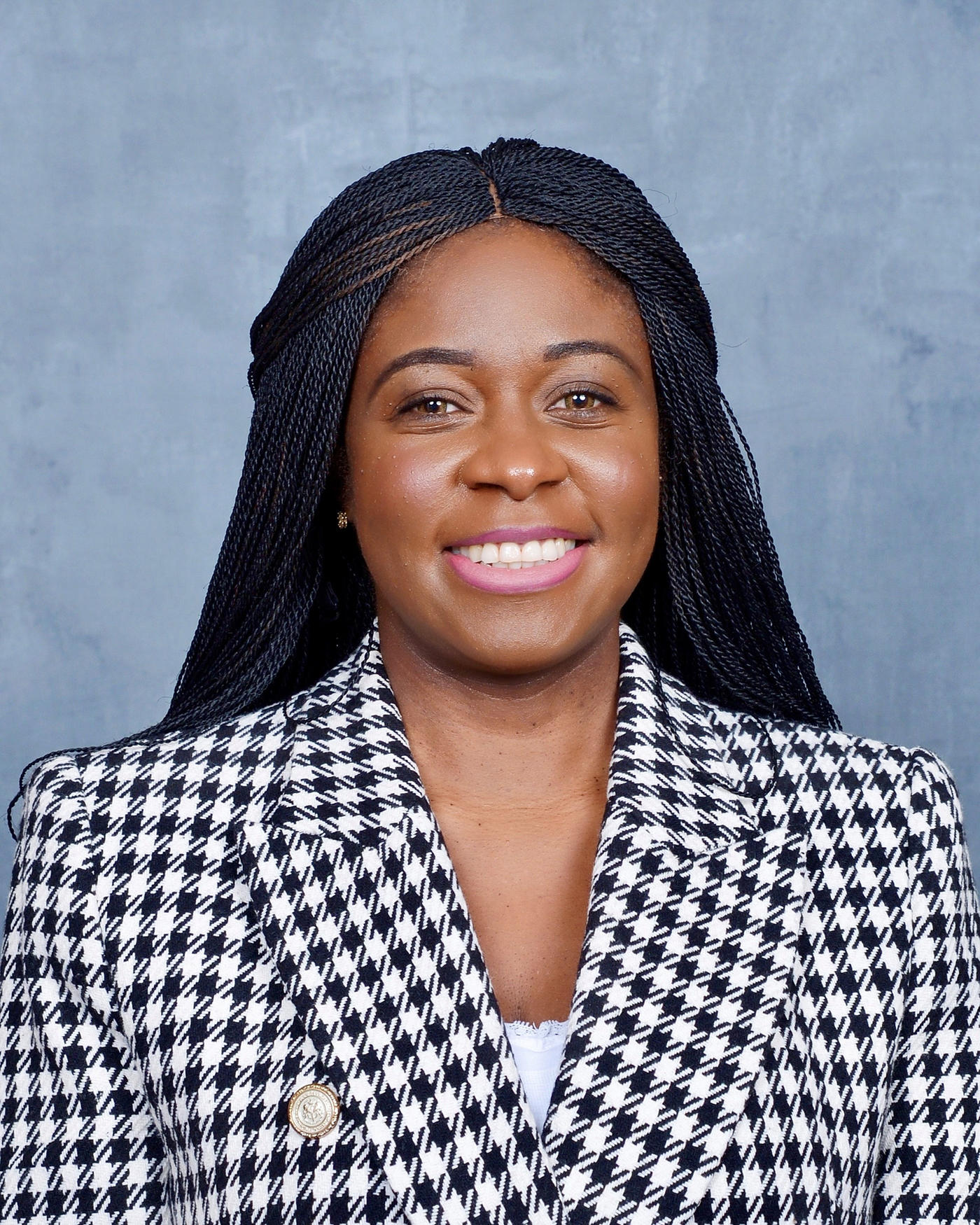Congratulations to Sandip Saha, MD, an AUC Class of 2010 graduate and codirector of thoracic oncology at Buffalo General Medical Center/Kaleida Health, who recently received the Heinrich Becker Young Investigator Award for Research and Clinical Innovation. This esteemed international award is given to three young researchers and clinicians to honor significant contributions to bronchology-related patient care, research or technological innovations.
Dr. Saha received the award in recognition of an abstract and poster he submitted for the World Congress for Bronchology and Interventional Pulmonology Conference in Marseille, France. Dr. Saha’s winning abstract, “A First for Robotic Navigational Bronchoscopy and the Use of “Tele-ROSE” in diagnosing lung pathology,” detailed how he and his team utilized a webcam attached to a microscope to stream and evaluate images obtained during robotic navigation bronchoscopies, rather than physically driving specimens to a different location for analysis.
As an interventional pulmonologist, Dr. Saha’s specialty focuses on staging lung cancer and managing other complex airway and pleural diseases. He works hand-in-hand with cytopathologists who examine the tissue specimens that he biopsies during navigation bronchoscopy procedures to identify peripheral lung lesions.
With the emergence of the pandemic, they found this procedure to be a game-changing alternative that didn’t require everyone to be in the same room—or spend time driving the specimens to a different location.
A GAME CHANGING PROCEDURE
“It cuts down on the call time and the anesthesia time, which helps the patient and helps the proceduralist,” said Dr. Saha. “There’s a monitor where I can see the abnormal cells, and so I can communicate with the cytopathologist and we can see the images together at the same time. It’s just like telemedicine. In particular, it has the potential to benefit health systems that may lack resources.”
While Dr. Saha didn’t expect to be involved in research as an attending, he’s grateful for the opportunity to innovate and better serve patients. “My advice to students and alumni is to always keep your eyes open for those possibilities. When you’re a student or a resident or fellow, you’re always trying to look at the process, whether it’s research at a clinical level or a quality improvement project, but it’s important that you keep that mindset throughout your career, and never stop looking for ways to improve a process to benefit your patients.”


